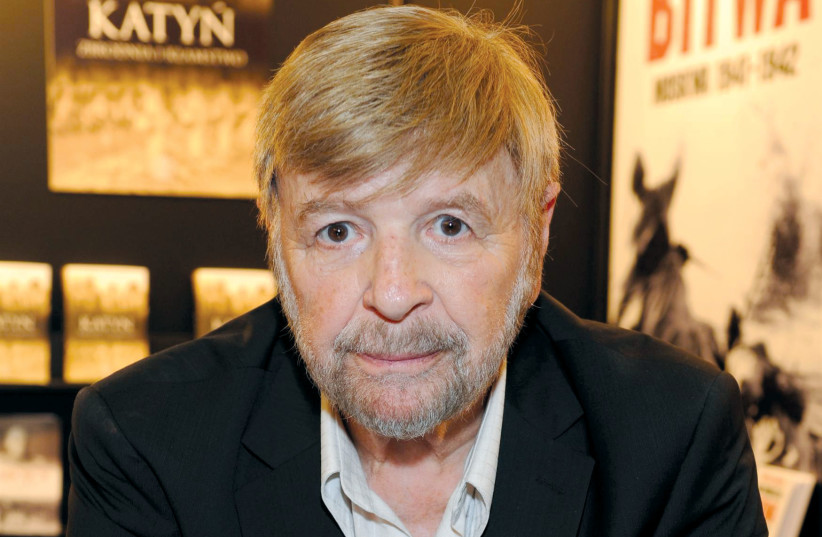JERUSALEM TERROR
Israel Police raised the national alert to its highest level after seven people were killed and three wounded in a terrorist shooting outside the Ateret Avraham synagogue in Jerusalem’s Neveh Ya’acov neighborhood on January 27. The murder victims were Asher Natan, 14; Ilya Sosansky, 26; Natali Mizrahi, 45 and her husband, Eli Mizrahi, 48; Rafael (Rafi) Ben Eliyahu, 56; Ukrainian citizen Irina Korolova, 59; and Shaul Hai, 68. Police said the Palestinian terrorist was shot dead after he exited the car and opened fire on officers while trying to escape on foot. In another attack on January 28, a 13-year-old Palestinian boy opened fire on pedestrians returning from Shabbat services in the City of David, wounding a 47-year-old man and his 22-year-old son. Although seriously wounded, the son – an IDF paratrooper officer – managed to shoot back and hit the terrorist, who was hospitalized in serious condition.

